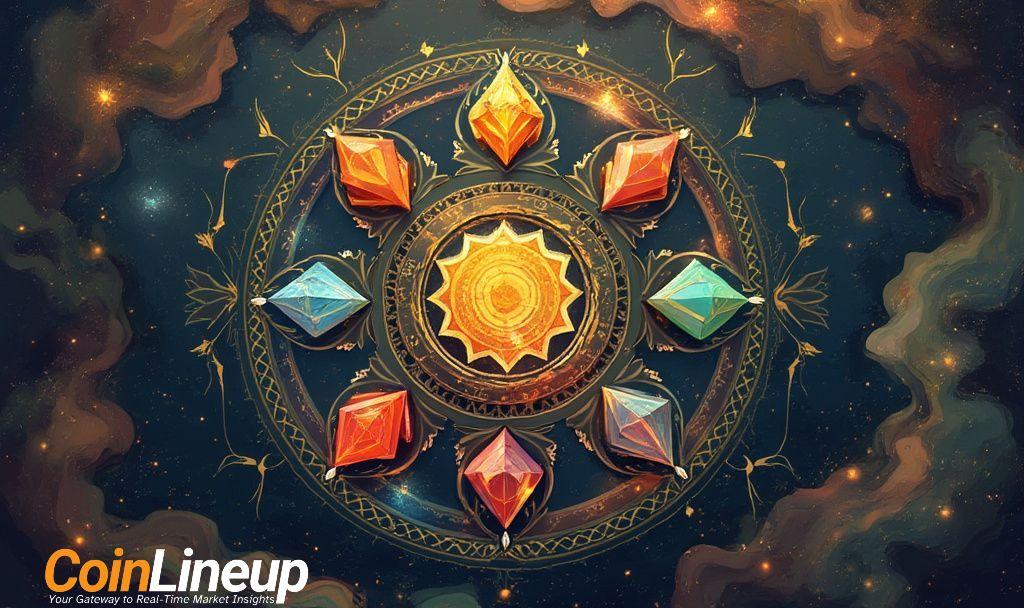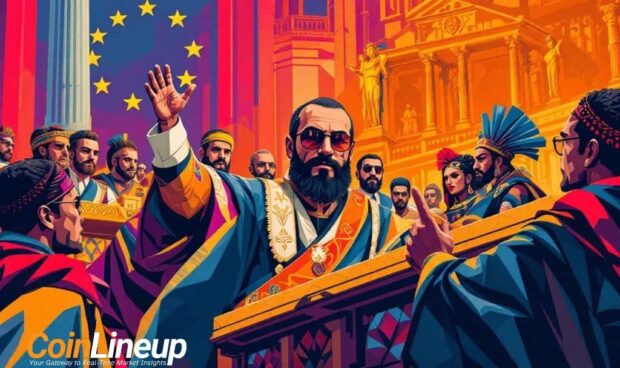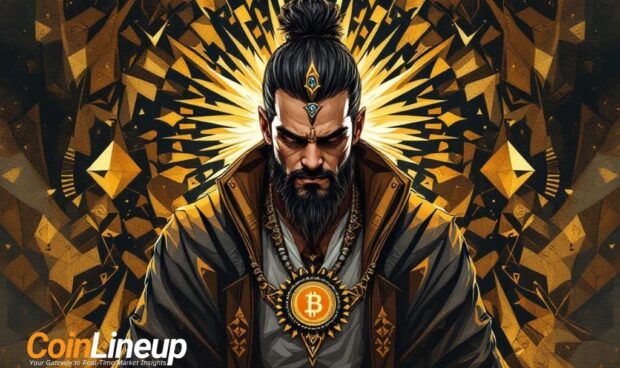
- Puffverse token sale launched on Gate.io Launchpad.
- 10 million tokens offered at 0.07 USDT each.
- No vesting period; tokens fully unlocked at launch.

Puffverse (PFVS) launched its token sale on Gate.io Launchpad, offering 10 million tokens priced at 0.07 USDT each.
The collaboration marks a significant launch for both Puffverse and Gate.io, reflecting emerging trends in blockchain gaming. The event anticipates increased interest and participation from the decentralized gaming community.
Puffverse’s debut on the Gate.io Launchpad is a milestone for blockchain gaming and token sales. The project offers 10,000,000 PFVS tokens, fully unlocked at the Token Generation Event (TGE). Users can subscribe using USDT, ensuring immediate liquidity. Developed by a team with experience in Xiaomi Games, Puffverse aims to innovate the gaming experience within the blockchain landscape. As stated in the Gate.io Launchpad Official Announcement, “Puffverse is about to open a new chapter and bring users an unprecedented immersive gaming experience.”
Puffverse introduces 10 million tokens priced at 0.07 USDT each, with no vesting or staking requirements. This offering reflects a notable shift towards integrating traditional gaming expertise with blockchain technology. Users can acquire a maximum of 10,000 tokens each, providing broad access among participants. The initiative’s success could motivate other traditional gaming sectors to explore blockchain integrations.
The immediate effects on blockchain gaming and token sale platforms are profound. A focus on liquidity without a vesting period may lead to rapid market engagement. Gate.io’s strategy could inspire similar exchanges to follow suit with new offerings. Financial implications include the potential for market volatility, given the full token unlock mechanism. USDT’s role as the sole payment token also highlights Tether’s continued influence in cryptocurrency transactions.
Historically, fully unlocked token sales often experience initial price fluctuations post-launch. The absence of major KOLs’ endorsements leaves market reactions concentrated on community sentiment and anticipated gaming adoption. Regulatory scrutiny might follow due to the increasing integration of gaming revenues within decentralized ecosystems, highlighting a shift towards cross-industry collaboration. The focus remains on how regulatory bodies will perceive this integration and its effects on blockchain governance. Insights on future trends suggest that more traditional gaming firms might explore tokenized models to expand user engagement and explore decentralized revenue streams.



























